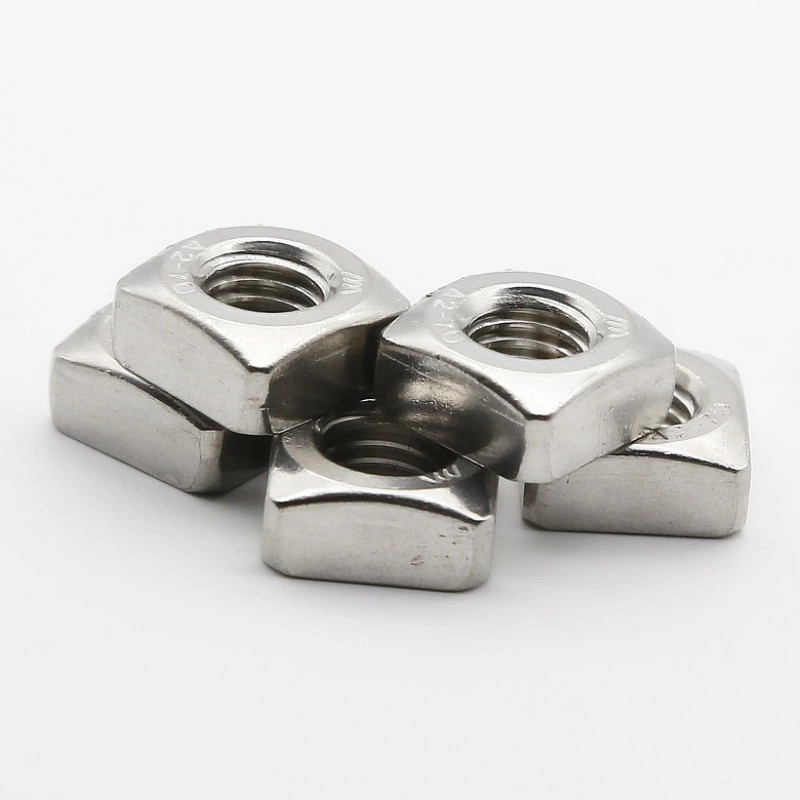

Heavy-duty Extra Large Penny Washers for Enhanced Stability and Support in Construction Projects
दिसम्बर . 13, 2024 16:27 Back to list
Heavy-duty Extra Large Penny Washers for Enhanced Stability and Support in Construction Projects
The Importance of Extra Large Penny Washers in Heavy-Duty Applications
In the realm of construction, manufacturing, and various industrial applications, the smallest components can make a significant difference in the overall performance and durability of a project. Among these small yet critical components are extra large penny washers, often overlooked but essential in heavy-duty applications. Understanding their role and advantages can help engineers and builders make informed choices for their projects.
What Are Extra Large Penny Washers?
Penny washers, named for their large surface area reminiscent of a penny, are flat discs of metal with a hole in the center, designed to distribute the load of a fastener such as a bolt or nut. Extra large penny washers, as the name suggests, have a larger diameter than standard washers, making them particularly useful in applications where load distribution is crucial.
Typically made from durable materials like steel, stainless steel, or plastic, these washers not only enhance the resilience of connections but also provide corrosion resistance in various environments. Their larger size allows them to spread the load over a wider area, significantly reducing the risk of damage to the surfaces being joined.
Applications of Extra Large Penny Washers
Extra large penny washers find their utility in numerous heavy-duty applications. They are commonly used in construction projects where structural integrity is a paramount concern. For example, they are often employed in the assembly of steel beams, guardrails, and heavy machinery, ensuring that the connections can withstand significant weight and pressure without failing.
In the manufacturing sector, extra large penny washers can be crucial in equipment assembly and maintenance. Industrial machinery often faces extreme conditions, including high vibration, heavy loads, and exposure to the elements. The use of these washers helps to secure components, reducing wear and tear and extending the lifespan of the machinery.
extra large penny washers for heavy-duty applications and

Furthermore, in the field of automotive engineering, extra large penny washers are integral in the assembly of vehicles, where they help to secure components under high-stress conditions. By providing enhanced support and stability, these washers play a vital role in ensuring that vehicles can perform safely and efficiently.
Benefits of Using Extra Large Penny Washers
The benefits of integrating extra large penny washers into heavy-duty applications are numerous. Firstly, their design allows for improved load distribution. The larger surface area minimizes the risk of surface damage and prevents fasteners from pulling through softer materials. This is particularly advantageous when working with wood, plastic, or thin metal sheets.
Secondly, these washers enhance the overall reliability of a connection. With better load distribution, the likelihood of failure due to fatigue or stress is significantly reduced. This reliability translates into lower maintenance costs and less downtime, which is crucial for both construction and manufacturing.
Finally, the durability of the materials used for extra large penny washers—such as galvanized or stainless steel—ensures that they can withstand harsh conditions, including exposure to chemicals, moisture, and extreme temperatures. This durability is essential in heavy-duty applications where any component failure can have catastrophic ramifications.
Conclusion
In conclusion, while often unnoticed, extra large penny washers play a pivotal role in ensuring the strength, stability, and longevity of heavy-duty applications. Their ability to distribute load effectively, enhance connection reliability, and withstand demanding conditions makes them a critical component in various industries. For engineers and builders seeking to maximize performance and safety in their projects, recognizing the value of high-quality, extra large penny washers can lead to more successful outcomes. Embracing these small yet mighty components is a step toward achieving excellence in construction and manufacturing challenges.
Latest news
-
Premium Fasteners Manufacturer | AI-Driven Solutions
NewsAug.01,2025
-
Hot Dip Galvanized Bolts - Hebei Longze | High Strength, Corrosion Resistance
NewsAug.01,2025
-
High-Strength Hot Dip Galvanized Bolts - LongZe | Corrosion Resistance, Custom Sizes
NewsAug.01,2025
-
Best Self Tapping Screws for Drywall - Fast & Secure Installation
NewsJul.31,2025
-
High-Strength Hot Dip Galvanized Bolts-Hebei Longze|Corrosion Resistance&Customization
NewsJul.31,2025
-
Hot Dip Galvanized Bolts-Hebei Longze Metal Products|Corrosion Resistance&High Strength
NewsJul.31,2025

